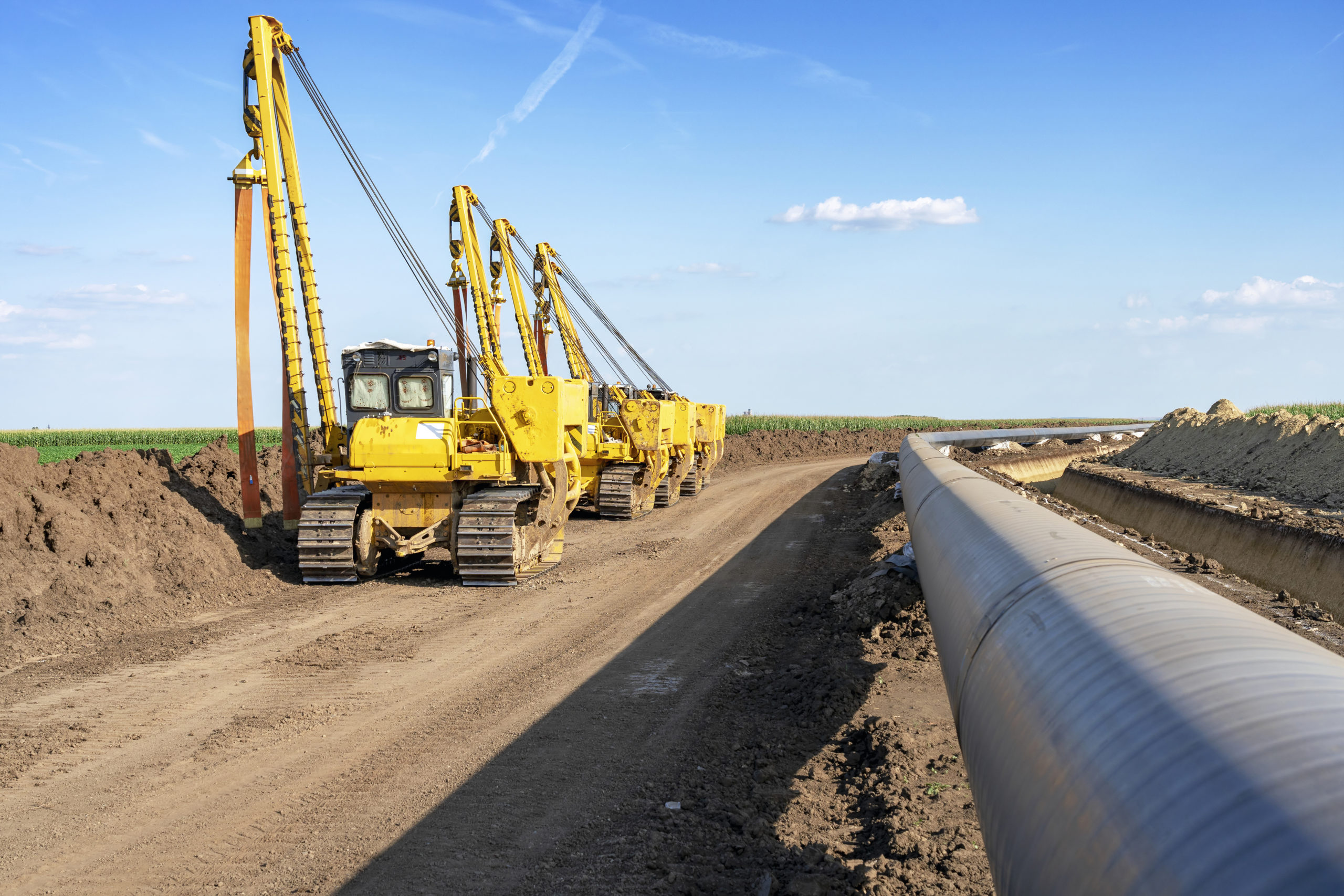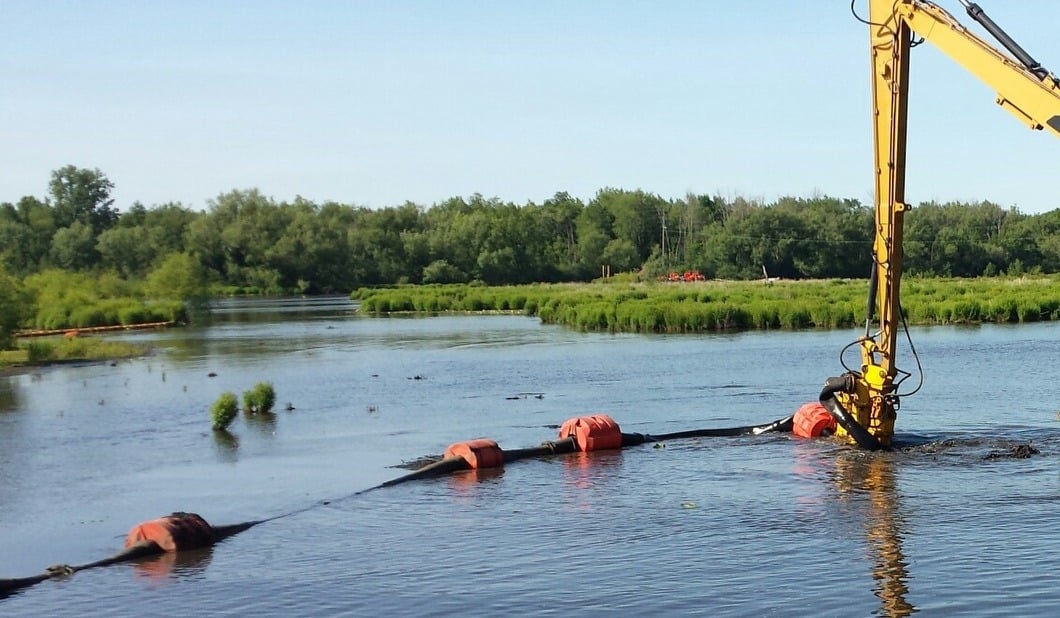All About Oil Field Equipment and Pipeline Equipment: Trick Insights and Necessary Information
Oil field equipment and pipeline systems play a pivotal role in the oil and gas sector. They are necessary for the efficient removal and transport of hydrocarbons. Trick components, such as drilling rigs and storage space tanks, directly effect functional success. At the same time, developments in technology pledge to enhance security and effectiveness. Recognizing these components is crucial for any individual entailed in or interested in this intricate field, as it establishes the stage for deeper expedition of market practices.

Summary of Oil Field Equipment
As the need for oil proceeds to grow, understanding the equipment made use of in oil fields ends up being increasingly essential. Oil field equipment includes a large range of equipment and tools crucial for exploration, removal, and handling. Secret components consist of piercing rigs, which are critical for reaching oil tanks, and production devices, such as separators and pumps, that help with the extraction process. Superior Rentals near me. Additionally, storage tanks play a significant role in holding unrefined oil prior to transportation. Safety and security tools, including blowout preventers and pressure assesses, guarantees functional safety and effectiveness. Each tool features cohesively to optimize manufacturing and preserve reliable operations. Familiarity with this equipment is essential for experts in the market to assure effective operations and adherence to safety and security standards
Kinds Of Drilling Rigs and Their Applications
Drilling rigs offer as the backbone of oil removal procedures, with numerous kinds created for specific geological conditions and operational demands. One of the most typical kinds consist of rotating drilling rigs, which make use of a turning drill little bit to penetrate the earth, and cable tool rigs, known for their percussion boring technique. For offshore operations, jack-up rigs and semi-submersible rigs give stability and assistance in aquatic settings. Furthermore, directional boring rigs allow drivers to drill at angles, getting to deposits that are not up and down available. Each gear type has unique advantages, enhancing performance and safety based upon the exploration atmosphere. Picking the proper gear is essential for making best use of source extraction while minimizing environmental impact and functional prices.

Necessary Pipeline Equipment and Their Functions
Pipeline facilities is necessary for the transportation of oil and gas from extraction websites to processing facilities and end-users. Numerous necessary equipment components promote this process. Pipes themselves work as the main avenues, made to withstand high pressure and corrosive substances. Pump terminals are critical for preserving flow by boosting stress along the pipeline. Shutoffs play an essential function in regulating circulation and separating areas for upkeep. In addition, installations and ports guarantee safe and secure joints in between pipeline areas. Keeping an eye on systems, consisting of circulation meters and pressure sensors, are crucial for spotting leaks and maximizing circulation rates. Pigging tools is used for maintenance and cleansing, protecting pipeline stability and effectiveness. Together, these components create the backbone of a dependable pipeline system.
Innovations and Technologies in Oil and Gas Equipment

Security and Maintenance Practices in the Oil Sector
While the oil industry has made considerable strides in innovation and effectiveness, the relevance of robust safety and security and upkeep techniques can not be overstated. Efficient security methods are necessary to shield workers and the atmosphere, decreasing the danger of mishaps and spills. Normal evaluations and upkeep of equipment help identify potential problems prior to they escalate, making certain operational honesty. Training programs for workers are crucial, stressing the significance of safety recognition and emergency situation feedback treatments. In addition, adherence to continue reading this sector regulations and requirements cultivates a culture of security. Applying innovative surveillance innovations can further boost upkeep practices, permitting real-time assessments of devices problems. Inevitably, focusing on safety and upkeep is indispensable to the sustainability and internet success of the oil sector.
Regularly Asked Concerns
What Are the Ecological Impacts of Oil Field Equipment?
The environmental influences of oil field equipment consist of habitat devastation, water contamination, and air contamination (Superior Oilfield Rentals oilfield). Additionally, tools malfunction can result in spills, adversely influencing wild animals and communities, highlighting the need for rigid laws and surveillance
How Is Oil Field Equipment Moved to Remote Locations?
Delivering oil field equipment to remote areas typically includes specialized automobiles, helicopters, or barges. Logistics firms coordinate routes, ensuring equipment shows up safely and effectively, taking into consideration surface and availability to minimize delays and take full advantage of efficiency.
What Regulatory Requirements Govern Oil Field Equipment?
Regulatory standards controling oil field equipment primarily consist of safety and security, environmental protection, and operational effectiveness guidelines. Agencies such as OSHA and EPA enforce these regulations to assure risk-free methods and minimize eco-friendly impact in oil extraction procedures.
What Abilities Are Required to Run Oil Area Machinery?

Exactly How Do Oil Rates Affect Equipment Demand and Use?
Oil costs significantly affect devices demand and use. Higher construction equipment leasing costs commonly lead to enhanced exploration and production tasks, driving need for machinery. Conversely, lower prices may lead to reduced operations and reduced requirement for tools.